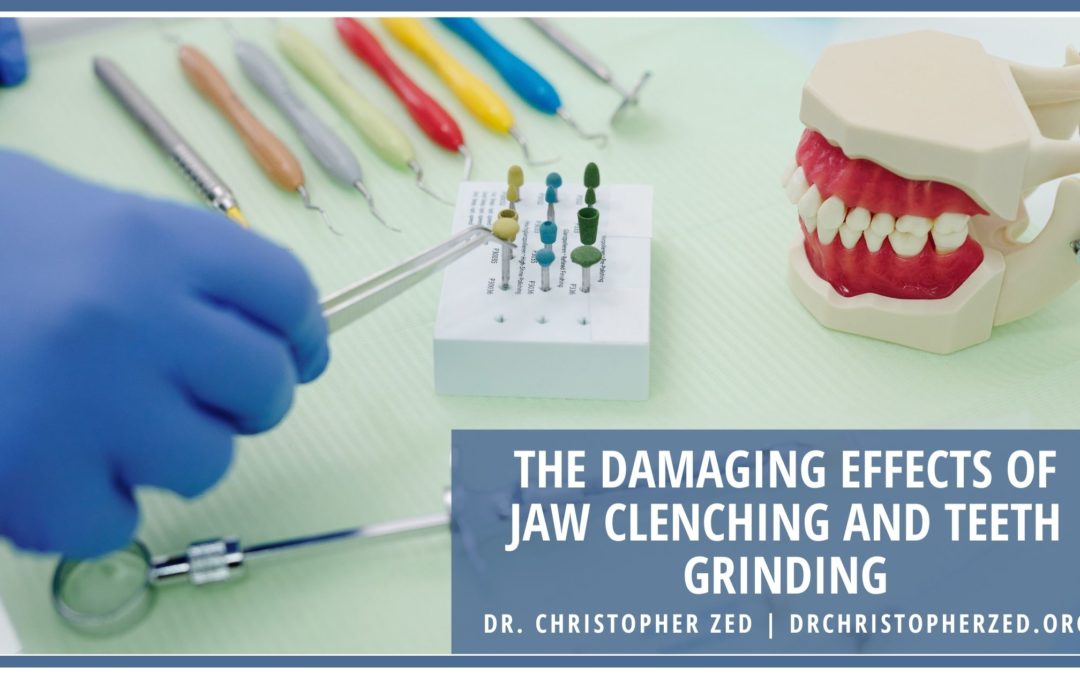The medical term for clenching, gnashing, or grinding the teeth is bruxism. This can happen overnight while sleeping or when a person is awake. When a person deals with continual or acute bruxism, it can have a negative impact on their health. Here are some consequences of prolonged, untreated bruxism.
An Overview Of Bruxism
This condition can occur at any time of day, whether the sufferer is awake or asleep. People may unconsciously clench their jaws throughout the day or grind their teeth during the night. Those who grind at night may be unaware until someone else notifies them or they injure their jaws or teeth.
Bruxism can have psychological, physical, or genetic causes. Tension, stress, and even heavy concentration can lead to daytime grinding. Nighttime grinding may be caused by medications, sleep disorders, hyperactivity, or anxiety. Finding the causes of each patient’s bruxism will go a long way toward helping them stop it before suffering adverse effects.
Bruxism’s Negative Impact On Health
Teeth grinding, especially when it is prolonged and severe, can have serious repercussions. It can damage jaws, teeth, and a person’s overall health and wellbeing. Here are five common side effects of bruxism:
- Pain: Pressure and strain on the facial muscles, jaws, and teeth from clenching and grinding can cause pain and stiffness of the face and jaws. It may also lead to earaches.
- Jaw disorders: Bruxism can cause misalignment of the jaws, which can impact biting, eating, and even talking.
- Damaged Teeth: Teeth can quickly become worn, cracked, or chipped due to excessive grinding caused by this condition. This may require tooth repair or replacement over time. Teeth can also become extra sensitive and painful.
- Receding gums: The teeth become loose and begin to shift when a person suffers from bruxism. This looseness creates pockets where bacteria can grow and thrive, causing infection. The infection may lead to gum loss over time.
- Headaches: Stress and pressure on the jaws and facial muscles may lead to sufferers having headaches or even migraines. Tension headaches and migraines impact quality of life and the ability to function correctly.

